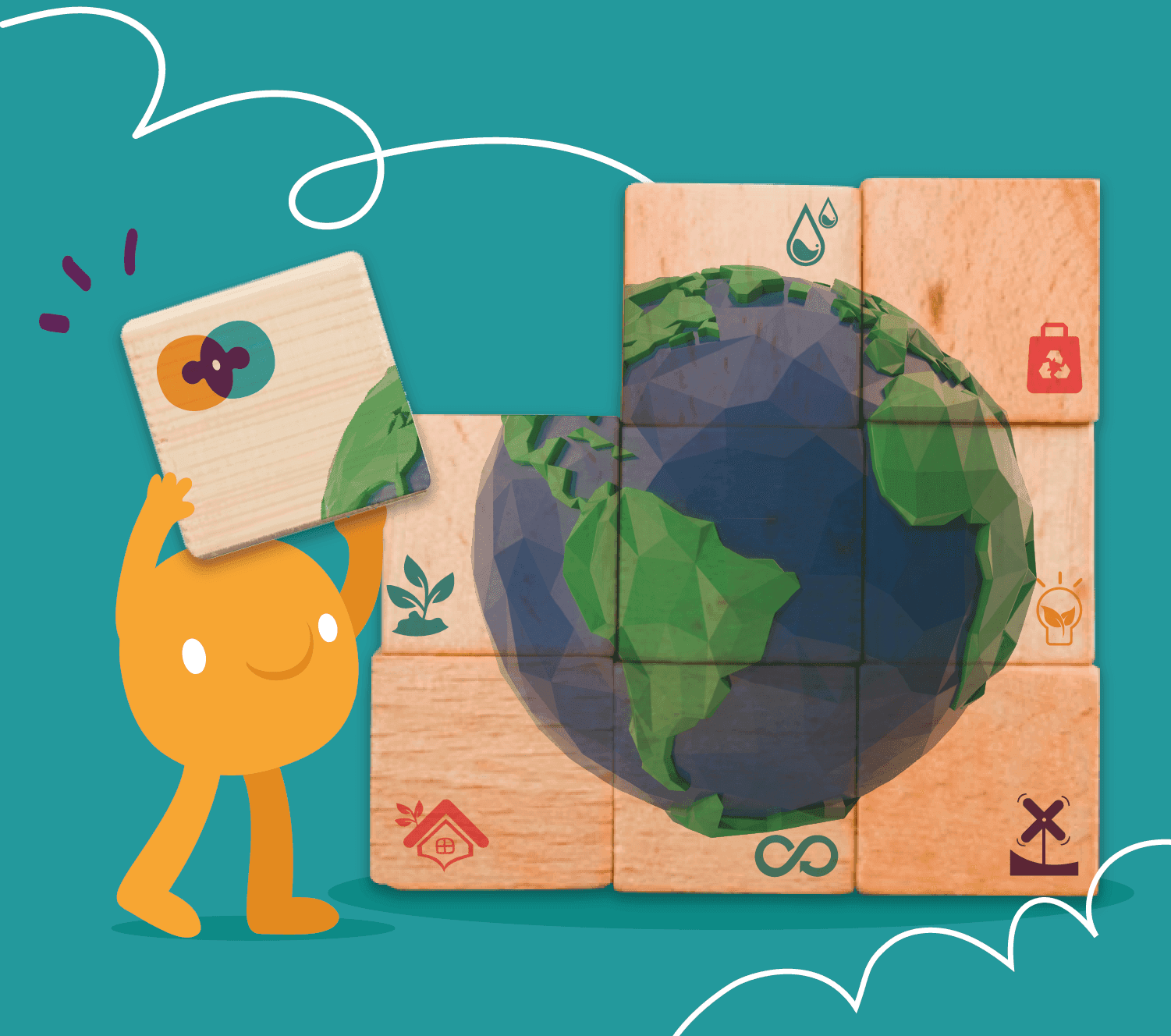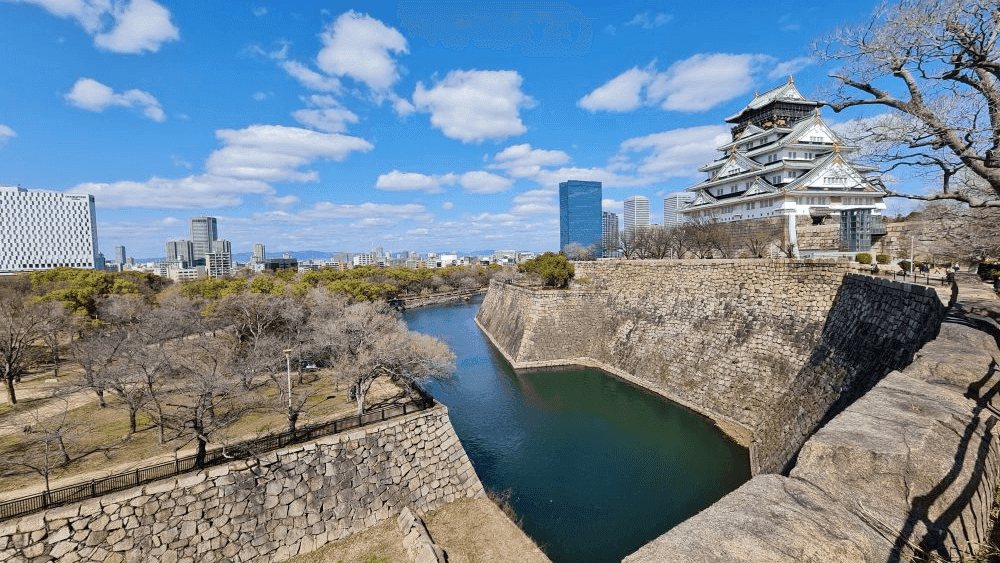
27/04/2023
Can the Earth support 8 billion people without restoration?
The United Nations (UN) points out that we are already 8 billion inhabitants on Earth. With so many people enjoying the planet's natural resources, it is necessary to reflect on what extent the Earth supports the extractions and frequent aggressions to the environment.
According to the Living Planet Report 2020, produced by the World Wide Fund for Nature (WWF), in just 50 years (1970-2020), different human activities have already caused a 68% reduction in the number of wild animals on the planet.
In addition, air, water and soil pollution, deforestation, overexploitation of natural resources and climate change are among the main challenges we have to face.
With an increase of 1.1º C in the average global temperature, the impacts of climate change are already clear, such as an increase in heat waves, rising sea levels and drought, which impact various sectors of the economy, health and life. Another worrying fact is the excess of waste produced, which reaches two billion tons per year.
“Every year we pay this bill with lives. This year we witnessed a tragedy on the north coast of São Paulo, but landslides have already happened in the mountainous region of Rio, in greater São Paulo, in Pernambuco, in Acre, etc. We need to change the way we relate to the environment, and these actions need to be taken as soon as possible”, warns Professor Edson Grandisoli, pedagogical coordinator of the Circular Movement and Master in Ecology, Doctor in Education and Sustainability from the University of São Paulo (USP ) and Post-Doctorate by the Global Cities Program (IEA-USP).
The need to recover what has already been damaged in the environment is so latent that the UN itself established that, between 2021 and 2030, we will be experiencing the Decade of Restoration. The global initiative aims to promote the adoption of more regenerative practices around the world. Through collaboration among governments, businesses and civil society, the initiative seeks to create a more sustainable future and ensure a healthy environment for future generations.
Today, the world economy still mostly follows the linear model, focused only on extracting resources from nature and producing goods that end up returning to the planet as trash. This model has already proved to be unsustainable and we need to put into practice alternatives to this predatory model based on inequality.
“To regenerate the planet, we need to change our way of thinking and acting. Not damaging is an important step, of course! But the call now is to think ahead. Some ideas and examples include the restoration of degraded areas, the implementation of renewable energies and zero greenhouse gas emissions. In addition, it is important that governments, companies and civil society work together in the search for solutions that promote the restoration of the planet”, explains the professor.
Important actions are already being carried out around the world, such as the Bonn Challenge, in Germany, which is a global effort to restore 350 million hectares of degraded and deforested land by 2030; in New Zealand, the Predator Free 2050 initiative aims to eradicate invasive species and reintroduce native species into protected areas; in Brazil, the Renature Foundation promotes environmental restoration projects in degraded areas, such as the recovery of river sources.
For the Circular Movement coordinator, collective and coordinated actions are an important step between governments and civil society. In addition to environmental issues, it is urgent to understand that the promotion of social and environmental justice is essential to ensure that all individuals have access to the benefits of the planet's regeneration.
“This includes, for example, the promotion of public policies that guarantee access to clean water, clean energy and healthy food, as well as the protection of the rights of indigenous peoples and traditional communities. To regenerate the planet, therefore, it is necessary to understand human action and its multiple impacts on environments and people, and to act collectively. We recently reached 8 billion people on the planet. Adopting a more regenerative approach is essential for a more sustainable future for all.”
What is Circular Economy?
The Circular Economy proposes a new look at our way of producing, consuming, and disposing, in order to optimize the planet's resources and generate less and less waste. In other words, an alternative model to the Linear Economy - to extract, produce, use and discard - which has proved to be increasingly unsustainable throughout history. In the Circular Economy, the goal is to keep materials in circulation longer by reusing them until nothing becomes waste! For this model to become a reality, we all have a role to play. It is a true collaborative circle, which feeds itself, and helps to regenerate the planet and our relations.
Learn about Circular Economy
If you are interested in learning more about this topic, visit Circular Academy , the first free Latin American course on circular economy aimed at general audiences. All of us, in partnership and collaboration, can make a difference in building a more circular planet.

